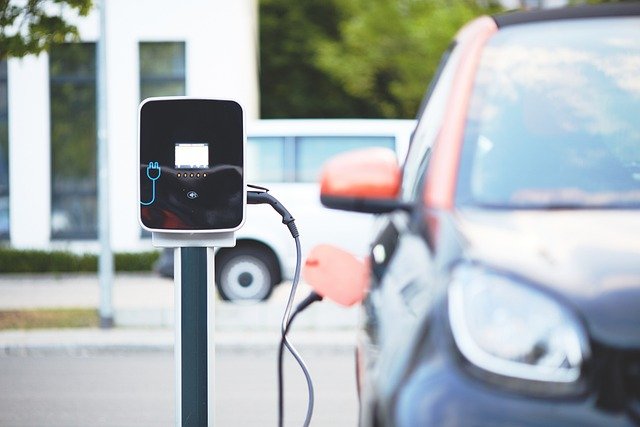Fuelling a Greener Future: How the UK is Leading the Electric Car Boom
The growth in popularity of electric vehicles in the UK is clear. The number of new electric car registrations is increasing every year as more consumers recognise their benefits. While the initial cost may be higher, the long-term savings on fuel and maintenance make them an attractive option. Electric vehicles also have a positive impact on air quality in cities, reducing pollution. Overall, the UK is demonstrating that a combination of government support, technological innovation and changing consumer habits can successfully transition to a greener future of transport.

Understanding the Growth of Electric Vehicles in the UK
The growth in popularity of electric vehicles in the UK has been remarkable in recent years. Government data shows a substantial increase in EV adoption, with registration numbers climbing significantly each quarter. This surge is supported by expanding charging infrastructure, with over 37,000 public charging points now available across the country. Urban areas, in particular, have seen rapid growth in charging facilities, making EVs a more practical choice for daily commuting.
Rising Registration Numbers Show Strong Market Momentum
The number of new electric car registrations continues to show steady growth year after year. In 2022, pure electric vehicles accounted for over 16% of new car registrations, representing a significant increase from previous years. This trend extends beyond private buyers to include fleet operators and businesses, indicating broader market acceptance of electric vehicle technology.
Economic Benefits of Electric Vehicle Ownership
The long-term savings on fuel and maintenance make electric vehicles an increasingly attractive option for UK drivers. While the initial purchase price of an EV may be higher than comparable petrol or diesel vehicles, owners typically benefit from lower running costs. Electric vehicles have fewer moving parts than traditional engines, potentially reducing maintenance expenses over time.
Environmental Impact in Urban Areas
Electric vehicles have demonstrated a positive impact on air quality in cities, contributing to reduced emissions in urban environments. Cities like London have seen measurable improvements in air quality where EV adoption is highest. This improvement is particularly notable in areas with high traffic density, where the switch to electric vehicles has helped reduce both noise pollution and harmful emissions.
Current Market Options and Costs
The UK electric vehicle market offers various options across different price points and categories:
| Vehicle Model | Range (WLTP) | Starting Price (£) |
|---|---|---|
| Nissan Leaf | 168-239 miles | 28,995 |
| Tesla Model 3 | 278-360 miles | 42,990 |
| MG4 EV | 218-281 miles | 26,995 |
| Kia e-Niro | 282-339 miles | 34,995 |
Prices, rates, or cost estimates mentioned in this article are based on the latest available information but may change over time. Independent research is advised before making financial decisions.
Infrastructure Development and Future Outlook
The UK’s charging infrastructure continues to expand, with new charging points being installed regularly across the country. This growth supports the government’s commitment to phase out new petrol and diesel car sales by 2030. Investment in rapid charging networks and home charging solutions further strengthens the foundation for widespread EV adoption.
The shift towards electric vehicles in the UK represents a fundamental change in how people think about transportation and environmental responsibility. As technology advances and infrastructure improves, electric vehicles are becoming an increasingly practical and sustainable choice for UK motorists.




